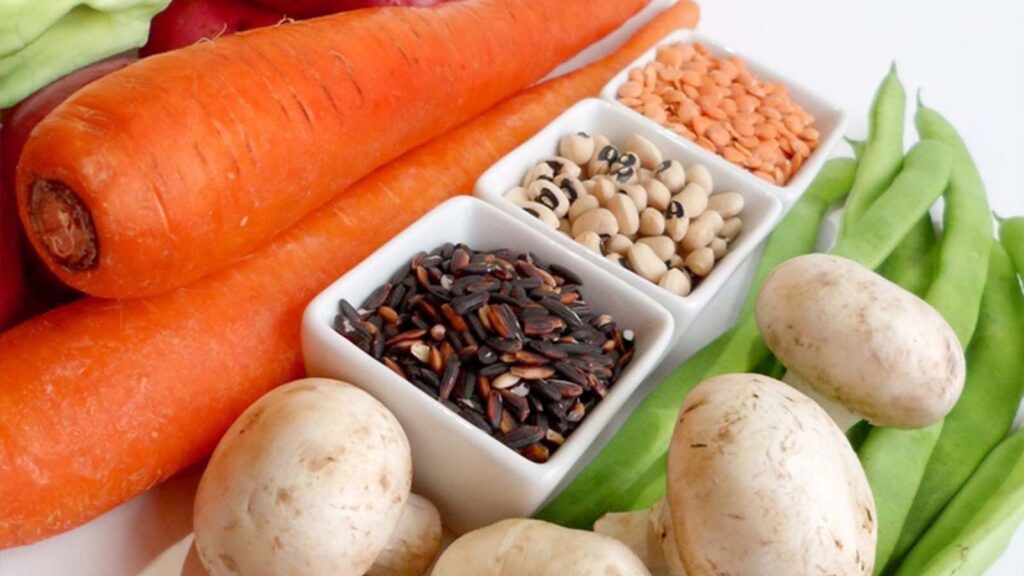With so many new gluten-free products on the market, if you haven’t already cut gluten out of your diet, you may be considering it. Are gluten-free products healthier? Who can benefit from eliminating gluten from their diet? What’s wrong with gluten? We’ll take a look at these and other questions to help you make the best decision for yourself.
Why Reduce Gluten?
Gluten is a combination of proteins found in certain grains, including wheat. The modern wheat that we grow and eat is quite different from the type of wheat that was consumed 100 years ago. Modern scientific methods of cross-breeding and hybridization, as well as industrial agricultural techniques, are suspected of contributing to the explosion in the rates of celiac disease as well as gluten sensitivities. On top of that, the modern Western diet has a huge emphasis on refined wheat products. Eating too much of anything can be unhealthy—especially an allergenic food like gluten.
Another thing to consider is that historically, bread was often produced using sourdough starter rather than the modern use of yeast. The beneficial bacteria in sourdough starter greatly reduce the gluten content, making the grains more digestible. While yeast-leavened bread is more convenient, it may be connected to the skyrocketing rates of gluten-related health issues we see today.
An At-Home Test for Gluten Sensitivities
One of the simplest ways to find out if you are sensitive to gluten is to simply eliminate it for a few weeks and see if you feel better. For this trial, it’s very important to eliminate gluten completely. Even a small amount may trigger an immune reaction if you are sensitive, so it’s necessary to be strict to get a good read on your body’s reaction to gluten. Avoid grains that contain gluten, like wheat, barley, rye, spelt, kamut, and others in the wheat family. Oats, although naturally gluten-free, may also be a source of discomfort for gluten-sensitive people because they are often cross-contaminated with wheat gluten when processed. Gluten products can also be hidden in the ingredients on food labels. A good source for finding out what specifically to avoid on your gluten-free trial is celiac.com.
Many people who eliminate gluten find they have more energy, fewer aches and pains, a decrease in headaches, improved digestion, less bloating, and so on. Food sensitivities, including sensitivities to gluten, can also cause mental/emotional symptoms such as irritability, difficulty concentrating, and insomnia. If you find that such symptoms subside after eliminating gluten, then it makes sense to implement some long-term changes to your diet.
Celiac Disease
Only about 1% of the population suffers from celiac disease, but its symptoms can affect nearly every system in the body. Weight loss or weight gain, abdominal pain, fatigue, and heartburn are just a few of the possible symptoms. Left untreated, celiac disease can cause long-term damage, and so it’s very important to strictly follow a gluten-free diet if you are diagnosed with celiac disease.
Gluten-Free and Nutrient-Free
Food sensitivities and autoimmune diseases like celiac disease are worsened by inflammation in the body, so it’s very important to avoid foods like gluten that increase inflammation in sensitive people. Just as important, however, is to replace the offending foods with nutritious, healing alternatives. Many products that are marketed as gluten-free simply aren’t healthy. They are often loaded with refined sweeteners and additives, and the wheat flour is often replaced with refined starches like potato starch and white rice flour. While everyone enjoys a treat once in a while, it’s important not to make these kinds of nutrient-deficient foods a regular staple in your diet. Rather, focus on naturally gluten-free foods that are whole and unrefined, such as beans, lentils, whole-grain brown rice, quinoa, raw seeds and nuts, and fresh fruits and vegetables. See this as an opportunity to improve the quality of your diet overall with a healing, plant-based diet that promotes wellness, longevity, and good health for many years to come.
Have your tried eating gluten-free? Have you noticed any improvements in your health? Join our discussion on Facebook to share your own experiences and tips.



